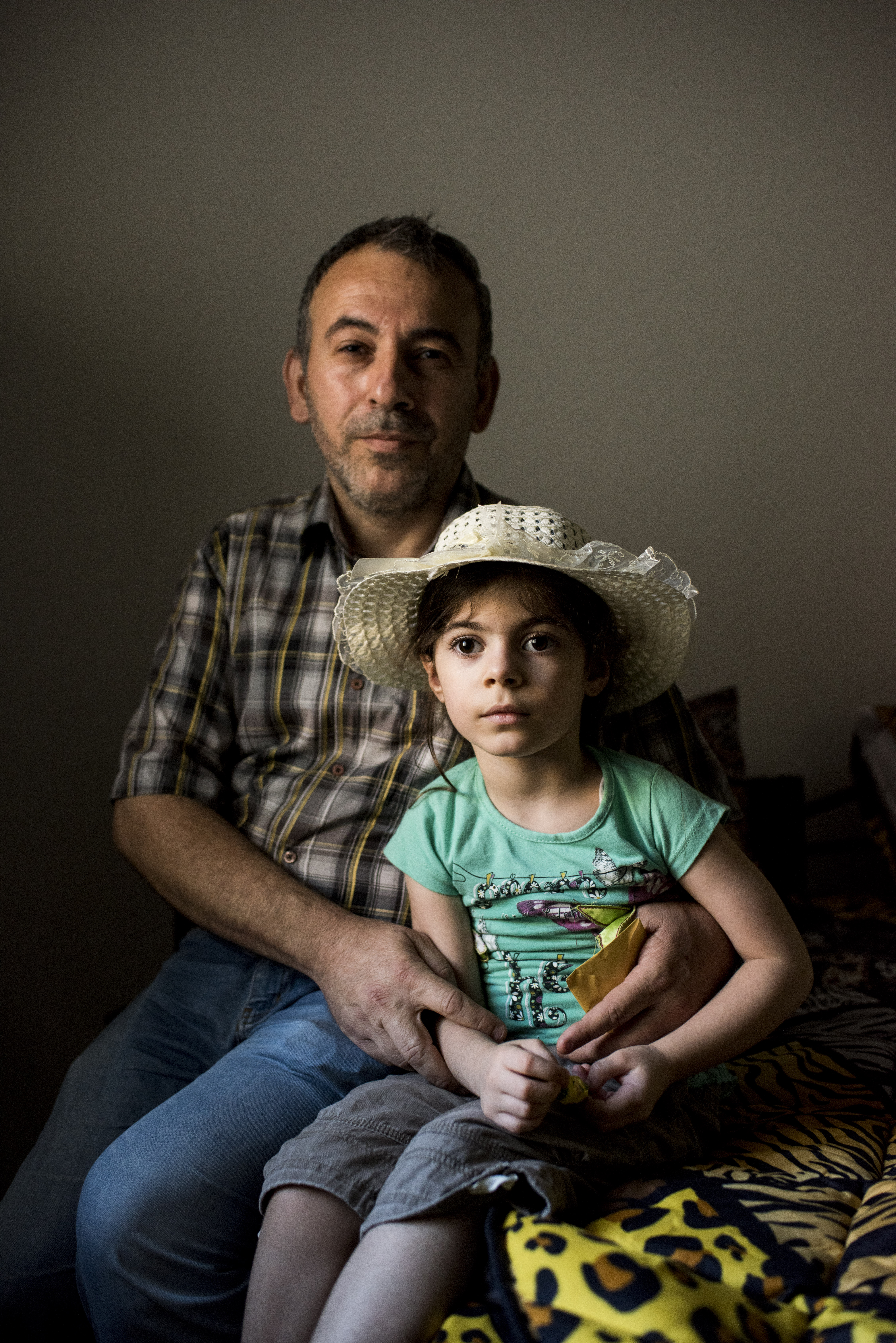The Philos Leadership Institute makes possible U.S. Christian millennials’ encounters with the people of the Holy Land, inspiring them to work toward peace.
Lenten Campaign 2025
This content is free of charge, as are all our articles.
Support us with a donation that is tax-deductible and enable us to continue to reach millions of readers.
Calling out “a barbaric resurgence” of anti-Semitic attacks, Pope Francis recently declared, “I will never tire of firmly condemning every form of anti-Semitism,” and asked Christians and Jews to “draw closer together” — a guiding principle of The Philos Leadership Institute (PLI), an annually selected group of 20 young Christians, predominantly from the U.S., who seek to protect religious minorities at home and abroad.
“As we witness yet another global surge of anti-Semitism and attacks on religious minorities, I believe that one avenue for positive Christian action starts by actually going to the Holy Land and understanding the undeniably Middle Eastern roots of our faith,” said Robert Nicholson, executive director of PLI’s parent organization, The Philos Project, which takes its name from the Greek word for “friend.”
Nicholson, who in his early 20s came back to his Christian faith via the circuitous route of a Jewish rabbi in upstate New York teaching him Hebrew, sees PLI as more than just a “one-off cool trip” or a religious pilgrimage.
“Lots of people visit Israel on religious pilgrimage, but PLI combines the religious and political, the cultural and historical, to give our participants a three-dimensional view of the issues,” Nicholson said.
It is also his way of paying it forward to an up-and-coming generation of Christian leaders, such as PLI alum (’17) Peter Burns.
“PLI is a life-changing journey,” Burns, 26, said. “When I went on PLI, I was not mentally or emotionally ready for the experience that was in store for me. You cannot stand in the second largest refugee camp in the world, on the border of Syria, and see 80,000 people living in shipping containers in the desert and not be changed.”
The trip was the catalyst for him to embrace advocacy by becoming the Government Relations and Policy Director for In Defense of Christians, a D.C.-based non-profit that seeks to raise awareness about the persecution of Christians.
“I think Peter is one of the success stories. I think we have quite a few success stories actually,” said Juliana Taimoorazy, the advocacy fellow for The Philos Project as well as the founder and president of Iraqi Christian Relief Council, a nonprofit that aids persecuted Iraqi Christians. “After his PLI trip, I took him to Iraq, and he genuinely listened, got involved, got engaged and started to be our voice in Washington. It is crucial for people from the West to partner with us who are from here to find solutions.”

PLI’s itinerary is constantly evolving, ranging in length from two to four weeks, but participants universally attest to a rigorous schedule filled with face-to-face meetups with key players including Jewish settlers, Israeli peace activists, a Holocaust survivor, a Hebrew-speaking Lebanese Catholic priest, Aramean Israelis who serve as soldiers in the IDF, Catholic bishops, imams, the staff at the Zaatari Refugee Camp in Jordan, the deputy mayor of Jerusalem, Palestinian governmental leaders and political scholars as well as Israeli doctors and hospital staff and the gravely injured Muslim Syrian refugees that they care for.
“The pace of the trip was incredible,” said Rachael Reynolds, 25, a PLI alum (’18) and Hillsdale College graduate. “I feel like my heart was making new strings that were being pulled in every direction. We were all emotionally exhausted by nighttime, but through our shared faith, we woke up ready for more.”
Reynolds published a collection of her photographs from the trip, called, “Terror & Hope: Christians in the Middle East.” They were taken when Taimoorazy brought her PLI group face-to-face with Christians who fled Iraq and were living in Amman, Jordan.
“That one-on-one experience was incredible,” Reynolds said. “Despite the language barrier, we connected on an unbelievable level.”
Taimoorazy, who was a refugee from Iran before receiving asylum in the United States, sees Reynolds’ photographs as a way to raise awareness in the West, especially when Westerners seem inured to the sufferings of their brothers and sisters in Christ.
“Westerners are under the impression that ISIS has been defeated. Yet the reality is that the sufferings of the people they targeted has not ended,” Taimoorazy said. “As an example, there are 45,000 Christians who have been displaced outside Iraq in such countries as Turkey, Lebanon and Jordan. And no one talks about this. No one mentions the refugee crisis because refugees, the term ‘refugee,’ has become taboo in the United States.”








